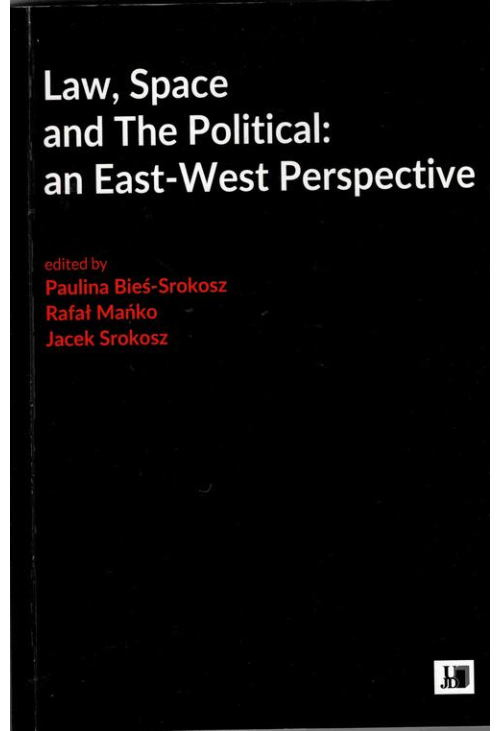
- Za darmo
ebook Law, Space and The Political: an East-West Perspective
Odkryj fascynujący świat "Law, Space and The Political: an East-West Perspective" - wyjątkową publikację cyfrową z 2019 roku, wydaną przez Uniwersytet Jana Długosza w Częstochowie. Ta pionierska praca zbiera teksty autorów z różnych zakątków świata, skupiając się na relacji między prawem, przestrzenią i polityką. Ebook dostępny w formacie PDF, idealnie nadaje się do czytania na urządzeniach mobilnych oraz komputerach.
Autorzy Rafał Mańko, Paulina Bieś-Srokosz i Jacek Srokosz przedstawiają krytyczny przegląd rozwoju myśli prawnej w Europie Środkowo-Wschodniej po upadku systemu socjalistycznego. Analizują oni wpływ tradycyjnych ideologii politycznych na prawo i przestrzeń, podkreślając potrzebę nowego podejścia do zrozumienia współczesnych wyzwań prawnych.
Dzięki temu ebookowi zdobędziesz wiedzę na temat antagonizmów ekonomicznych, społecznych i kulturowych, które wpływają na prawo i politykę. Poznasz również koncepcje prawa międzynarodowego publicznego i jego związków z przestrzenią, a także zrozumiesz znaczenie neoliberalizmu w kształtowaniu współczesnych systemów politycznych.
"Law, Space and The Political: an East-West Perspective" to nie tylko ebook do pobrania, ale również cenna lektura dla studentów prawa, politologii i osób zainteresowanych teorią krytyczną. Jeśli szukasz najlepszych ebooków na temat prawa i polityki, ten tytuł powinien znaleźć się w Twojej bibliotece cyfrowej.
Kup e-booka już dziś i zanurz się w głębokiej analizie relacji między prawem, przestrzenią i polityką w różnych kontekstach kulturowych i historycznych.
Spis treści ebooka Law, Space and The Political: an East-West Perspective
Table of contentsIntroduction...............................................................................................................9
Rafał Mańko
Chapter I. Legal Taxonomy and the Political: A Central European Perspective
1. Introduction .........................................................................................................14
2. Legal taxonomy as a discourse of hegemony .................................................16
3. Legal taxonomy as a discourse of normalisation and discipline..................20
4. Legal taxonomy as a matter of social construction.........................................22
5. Conclusions...........................................................................................................26
Sergey Korolev
Chapter II. Beyond Unitarism and Federalism: a New Concept of a Non-European
Multi-Party State
1. Introduction..........................................................................................................33
2. Sovereignty and Democracy..............................................................................34
3. Freedom and Equality.........................................................................................36
4. The New Ideology ..............................................................................................37
5. Unitarism and Federalism..................................................................................39
6. Conclusions...........................................................................................................43
Ekaterina Yahyaoui Krivenko
Chapter III. Imagining Futures of International Law through Spacetime
1. Introduction..........................................................................................................47
2. The tripartite vision of space..............................................................................49
3. International law’s space....................................................................................51
4. Disrupting international law’s view of space..................................................58
5. Nomadism............................................................................................................65
6. Imagining spacetime with international law...................................................68
Berke Özenc
Chapter IV. Transformation of Legal Order in Turkey: A Comparison with Late
Weimar Germany
1. Introduction..........................................................................................................71
2. Rechtsstaat in Turkey: Setup, Implementation and Rupture........................73
3. The Weimar Experience: Schmitt, National Socialism and the Rechtsstaat......76
4. Instead of a Conclusion.......................................................................................80
Paulina Bieś-Srokosz
Chapter V. Legal Transplants in Administrative Law: Polish Experiences
1. Introduction..........................................................................................................85
2. Legal transplants in administrative law versus Polish legislative actions.....86
3. Conclusions...........................................................................................................91
Shuichi Takahashi
Chapter VI. Chaotic Attitudes towards Law and Legal Institutions: Japanese Judicial
Reform from a Law and Society Perspective
1. Introduction..........................................................................................................95
2. Introduction of Saiban-in System......................................................................96
3. Establishment of Law Schools...........................................................................99
4. Conclusions.........................................................................................................107
Kirsten Pavlovic
Chapter VII. The Sovereign Dictatorship of President Iloilo
1. Introduction........................................................................................................109
2. Iloilo’s rise to power .........................................................................................110
3. Prerogative Power.............................................................................................111
4. Final Note............................................................................................................125
Jakub Łakomy
Chapter VIII. The Space of the Political in Legal Interpretation (Some Remarks
on The Dworkin-Fish Debate)
1. Introduction........................................................................................................127
2. Epistemic communities and the political.......................................................128
3. Is a ‘chain novel’ apolitical?.............................................................................129
4. Fish’s reply to Dworkin....................................................................................132
5. Subject vs. objection of cognition: Fish and Kozak.......................................134
6. Conclusions.........................................................................................................136
Paweł Snopek
Chapter IX. Neoliberalism, ideology, social (in)justice and post-politics
1. Introduction........................................................................................................139
2. Ideology, justice, neoliberalism and post-politics.........................................140
3. Neoliberal understanding of freedom............................................................144
4. ‘Fantasy’ of freedom in neoliberal ideology..................................................147
5. Limits of freedom...............................................................................................150
6. The neoliberal freedom of contracts................................................................152
7. Neoliberal ideology and social justice............................................................155
8. Neoliberal freedom and post-politics.............................................................157
Jernej Letnar Černič
Chapter X. Corporations and Socio-economic rights
1. Introduction........................................................................................................161
2. Corporations and Socio-economic rights.......................................................163
3. The Nature and scope of corporate obligations concerning socio-economic
rights........................................................................................................................165
4. The way forward................................................................................................171
5. Conclusions.........................................................................................................173
Ulrike Kistner
Chapter XI. “Polycracy” – Concept, Controversies, and Consequences
1. The Appearance, Disappearance, and Reappearance of ‘Polycracy’.........175
2. ‘Polycracy’ as differentia specifica of Totalitarianism......................................176
3. Johannes Popitz on ‘Polycracy’........................................................................178
4. ‘Total State’ and ‘Totalitarianism’...................................................................180
5. Political restructuring in the absence of the political...................................186
6. ‘Binnenanalyse’ of total state theories – and beyond.....................................190
Su Bian
Chapter XII. Constituencies without constituent power: Some comments
on contemporary constitution-making
1. Introduction........................................................................................................194
2. ‘The political’ in Schmittian theory.................................................................196
3. Demise of the legitimation point.....................................................................201
4. Multiplication without integral nexus............................................................208
5. Conclusions.........................................................................................................211
Jacek Srokosz
Chapter XIII. Arguments for separate identity and particular importance
of lawyers in contemporary society in narrative of legal professions
1. Introduction........................................................................................................213
2. Thinking like a lawyer......................................................................................215
3. Axiological autonomy of lawyers...................................................................217
4. Cult of Meritocracy............................................................................................218
5. Special role of lawyers in contemporary society...........................................220
6. Critical analysis of lawyers’ narrative............................................................221
7. Conclusions.........................................................................................................223
Szczegóły ebooka Law, Space and The Political: an East-West Perspective
- Wydawca:
- Uniwersytet Jana Długosza w Częstochowie
- Rok wydania:
- 2019
- Typ publikacji:
- Ebook
- Język:
- polski
- Format:
- Redakcja:
- Jacek Srokosz
- Liczba stron:
- 226
- Miejsce wydania:
- Częstochowa
- ISBN dla wersji papierowej:
- 9788374555562
Recenzje ebooka Law, Space and The Political: an East-West Perspective
-
Reviews (0)

Na jakich urządzeniach mogę czytać ebooki?
- Za darmo




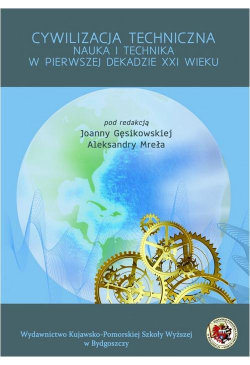

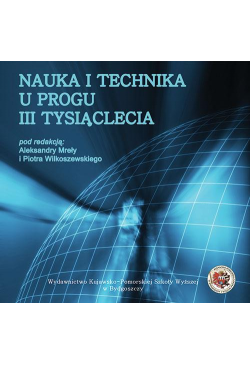

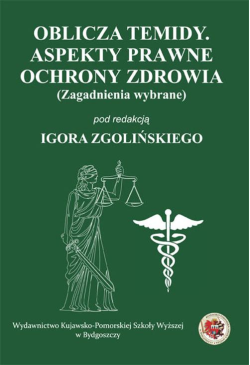
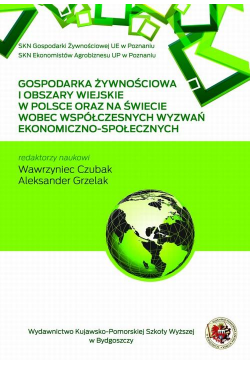
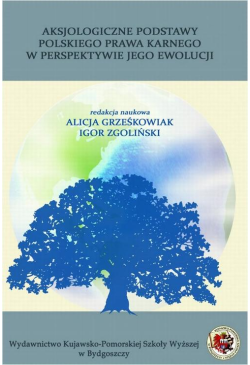
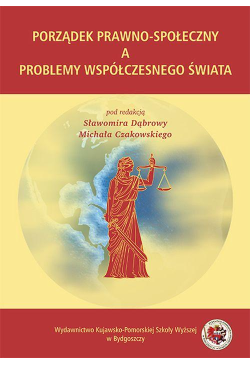
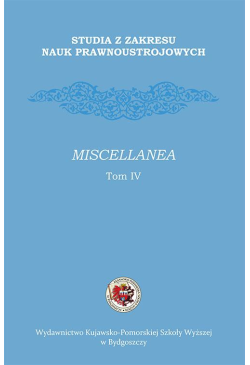


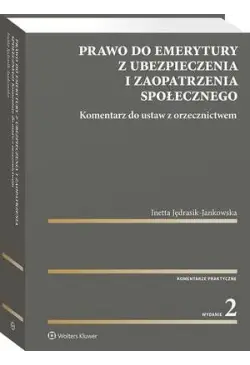

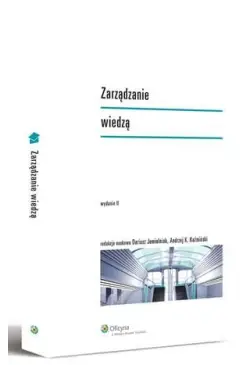
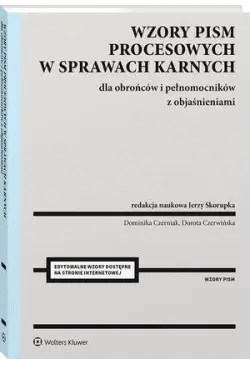
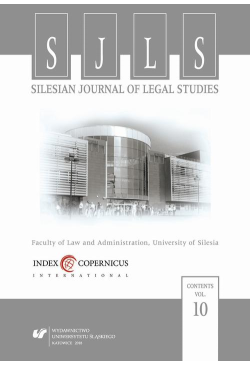


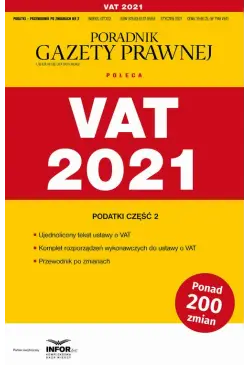
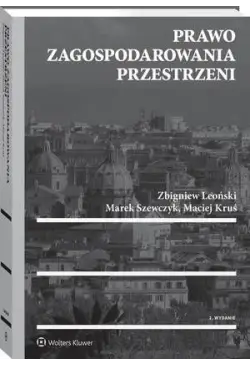

@CUSTOMER_NAME@
@COMMENT_TITLE@
@COMMENT_COMMENT@